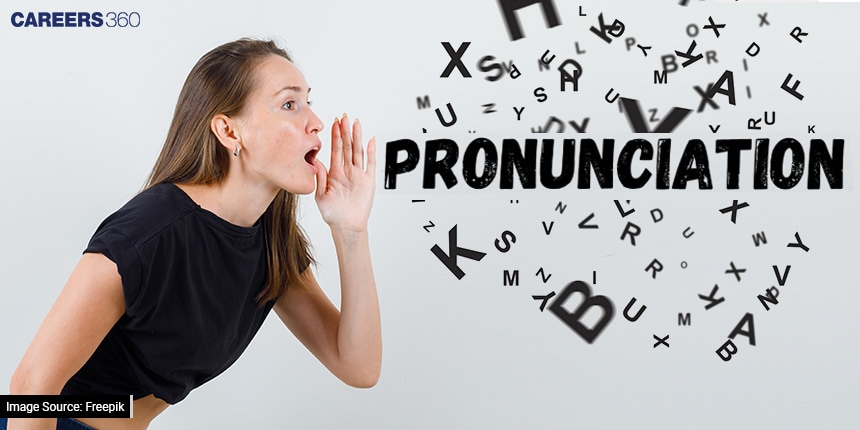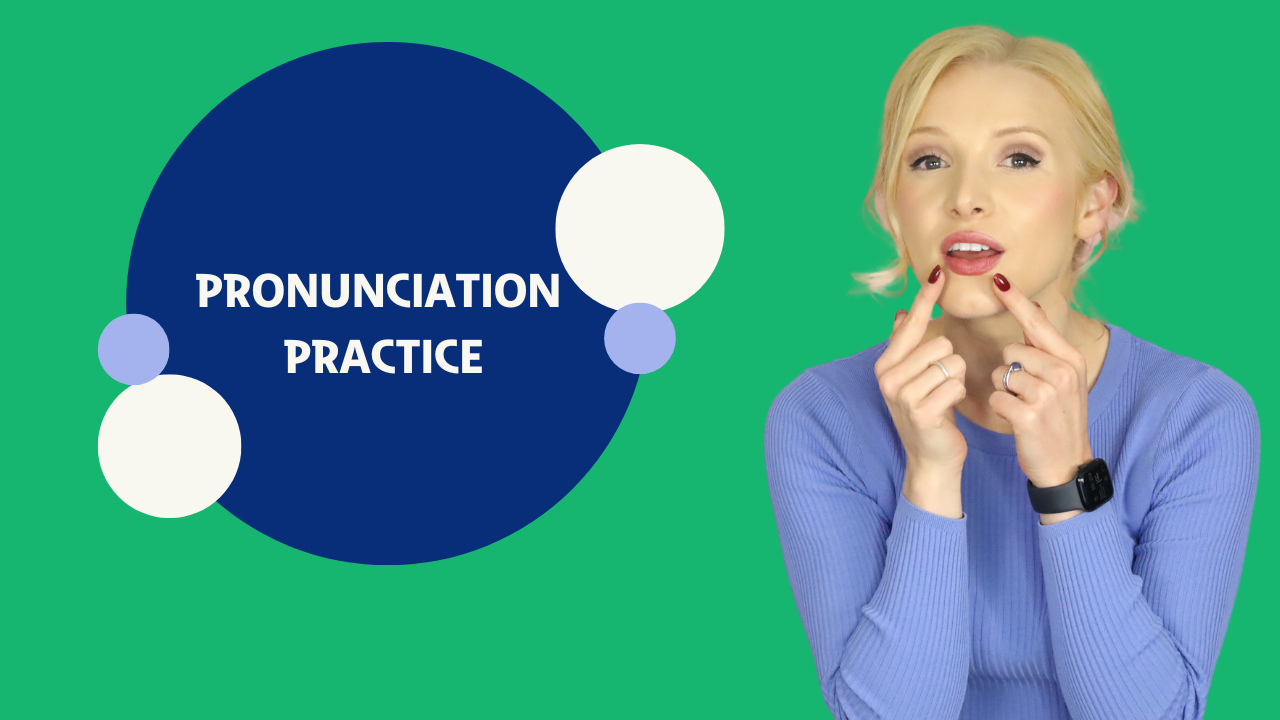Have you ever felt a little unsure about how to say certain names, especially those from different cultures? It's a common thing, really. Getting the pronunciation of Ahmed just right can feel like a small hurdle, but it makes a big difference. This name, heard all over the world, carries a lot of meaning, and saying it correctly shows respect and a genuine wish to connect. So, too it's almost, many people wonder about the best way to voice it.
For a lot of folks, names like Ahmed can be a bit of a puzzle. You might have heard it said in a few different ways, and that can leave you wondering which one is the proper one. It’s not just about the sounds, either; it's about making sure you honor the name's heritage. That, is that, why knowing the accurate sounds matters so much.
We’re going to walk you through the sounds of Ahmed, helping you feel much more confident when you speak it. Our goal is to make sure you can say goodbye to those days of uncertainty in pronunciation. You'll be on a seamless journey towards mastering the spoken word, especially for names like this one, very, very soon.
Table of Contents
- Understanding the Name Ahmed
- Breaking Down the Sounds: The Core of Ahmed
- Variations in Pronunciation: English vs. Arabic
- Practical Tips for Perfecting Your Pronunciation
- Frequently Asked Questions About Ahmed Pronunciation
- Wrapping Up Your Pronunciation Journey
Understanding the Name Ahmed
Before we get into the sounds, it helps to know a little about the name Ahmed itself. It’s a truly significant name, deeply rooted in history and culture. Knowing its background can help you appreciate why its pronunciation holds such importance. It's a bit like knowing the story behind a treasured item, which makes you want to handle it with extra care, in a way.
Where Does Ahmed Come From?
Ahmed comes from Arabic origins. It means "highly praised" or "one who constantly thanks God." This name is incredibly popular, especially in Muslim communities, and it's used by millions of people across the globe. You'll find it in many different countries, from the Middle East to Africa, Asia, and even in Western nations. So, it's a name with a very wide reach, actually.
Common Misconceptions About the Name
Sometimes, people might think Ahmed is pronounced with a very flat 'a' or a silent 'h'. These are common errors, but they miss some of the key sounds that give the name its real character. It’s not just a collection of letters; it’s a specific sequence of sounds that carry its true meaning. People often make similar mistakes with other foreign names, too it's almost, not just Ahmed.
Breaking Down the Sounds: The Core of Ahmed
Let's take Ahmed apart, sound by sound. This way, you can focus on each piece and then put them together for the whole word. It's like building with blocks; you start with individual shapes before making a complete structure. This approach helps you really hear what’s going on, very, very clearly.
The 'A' Sound
The first 'A' in Ahmed is usually like the 'a' in "father" or "car." It’s an open, somewhat long 'ah' sound. Think of it as opening your mouth wide, letting the sound come out freely. It's not a short 'a' like in "cat." That, is that, a really important distinction for this name.
The 'H' Sound
This is often where people get a little stuck. The 'H' in Ahmed is not silent. It’s a soft, breathy sound, similar to the 'h' in "hello." It comes from the back of your throat, but it's not a harsh sound. It’s a gentle expulsion of air. You don't want to make it too strong, or too weak. It's a bit like a sigh, just a little bit more pronounced, you know.
The 'M' and 'E' Sounds
The 'M' sound is straightforward, just like the 'm' in "mom." No tricks there. The 'E' sound that follows can vary a little. In some pronunciations, it’s a short 'e' like in "bed," while in others, it might be more like a soft 'uh' sound, a bit like the 'a' in "sofa." Both are acceptable, but the short 'e' is very common in English adaptations. So, it really depends on the specific way someone says it, sometimes.
The 'D' Sound
The final 'D' is a clear, crisp sound, just like the 'd' in "dog." It's not softened or swallowed. Make sure you articulate it fully. It gives the name a firm ending. You don't want it to sound like a 't' or anything else. It’s a very definite sound, you know, at the end.
Variations in Pronunciation: English vs. Arabic
It’s worth knowing that while there’s a core way to say Ahmed, there are slight differences depending on the language and region. This is natural for names that travel across cultures. It’s like how different dialects of English might say the same word with a slightly different lilt. So, you'll hear variations, and that's okay, actually.
The Arabic Way
In its original Arabic form, the 'A' is often a deeper, more open sound, and the 'H' can be a bit more pronounced from the throat, but still soft. It’s often closer to "AH-mad" or "AH-med" with a very clear, almost emphasized 'h'. Native speakers will have a natural flow that’s hard to replicate perfectly without practice. This is where getting audio pronunciations of English and other languages can help. You can hear words pronounced by native speakers, and that's incredibly helpful, very, very much.
English Adaptations
When English speakers say Ahmed, the 'H' might be a bit softer, and the 'E' often settles into that short 'e' sound. It becomes more like "AH-med" with a less emphasized 'h'. Both are generally understood and accepted. The goal is clarity and respect, not necessarily to sound like a native Arabic speaker if that's not your aim. You just want to be clear, more or less, and polite.
Practical Tips for Perfecting Your Pronunciation
Now that you know the sounds, how do you put it all into practice? It takes a little effort, but it’s totally doable. Think of it as building a new skill, one small step at a time. These tips can help you master the pronunciation of words and phrases in multiple languages, just like our free online pronunciation dictionary helps, you know.
Listen to Native Speakers
This is probably the best way to learn. Seek out recordings or people who speak the name naturally. Our text mentions how you can "hear words pronounced in both British and American English" and "with audio contributions from native speakers." This is key. Listen closely to how they form the sounds, the rhythm, and the stress. You can often find this on sites that offer phonetic pronunciation of names and words. So, just listening can teach you a lot, really.
Use Phonetic Guides
Phonetic transcriptions, like those from the International Phonetic Alphabet (IPA), can be very helpful. While they might look a bit complex at first, they show you exactly which sound to make. Our text talks about "phonetic pronunciation of names and words say goodbye to the days of uncertainty." These guides are perfect for learners and native speakers alike, giving a clear map for your mouth. They really help you get past dictionary confusion, just real English in context, and other languages too, actually.
Practice Regularly
Say the name out loud, many times. Don’t just think about it; actually say it. The more you practice, the more natural it will feel. Try saying it in different sentences, too, to get used to the flow. Repetition builds muscle memory for your mouth and tongue. It's like learning to play an instrument; you just have to keep at it, you know.
Record Yourself
This is a super helpful trick. Record yourself saying "Ahmed" and then compare it to a native speaker's recording. You might be surprised at what you hear! This helps you spot areas where you need to adjust. You can hear the pronunciation of any English word or text out loud with audio, and choose a male or female voice, too it's almost, on some sites. This feedback loop is very, very effective.
Frequently Asked Questions About Ahmed Pronunciation
Here are some common questions people often have about saying "Ahmed" properly.
1. Is the 'H' in Ahmed silent?
No, the 'H' is not silent. It’s a soft, breathy sound, like the 'h' in "hello." It’s a common mistake to drop it, but keeping it in makes the pronunciation much more accurate and respectful. You really want to make sure it's there, more or less, even if it's gentle.
2. Does the pronunciation of Ahmed change based on the country?
Yes, slightly. While the core sounds remain, there can be subtle variations. For example, in Arabic-speaking countries, the 'A' might be a deeper sound, and the 'H' a bit more guttural than in English adaptations. It's similar to how "list" is pronounced by Franz Liszt, which comes very close to the English word "list," but with subtle differences due to his background. The pronunciation of a sound is always influenced by surrounding sounds, often in ways that speakers are not aware of, because their language does not differentiate between these versions. So, you might hear a few different versions, just a little.
3. How do I know if I'm saying it correctly?
The best way is to listen to native speakers and compare your own pronunciation. Many online resources offer free, real human pronunciations for words and names. You can also ask someone named Ahmed directly how they prefer their name to be said. They will usually appreciate your effort. It’s about making a connection, after all, you know.
Wrapping Up Your Pronunciation Journey
Getting the pronunciation of a name like Ahmed right really shows thought and care. It’s a small thing that means a lot to people. By understanding its sounds, practicing what you learn, and listening to those who say it naturally, you can feel much more confident. Remember, mastering the spoken word is a skill that helps you connect with others on a deeper level. You can learn correct English pronunciations of words, names, and phrases with audio contributions from native speakers on howtopronounce.com. So, keep practicing, and you'll get there, very, very soon. You can also hear Ahmed pronounced by native speakers here, and learn more about other common names on our site.



